Presentación N° Temático "Redefiniendo los espacios educativos desde las infancias"
El pasado miércoles 16 de abril se realizó el lanzamiento de nuestro último número temático, "Redefiniendo los espacios educativos desde las infancias". El evento contó con la participación de las coeditoras Sara Joiko, Muriel Armijo y Evelyn Chávez; las autoras Paulina Araya, Paulina Chávez y Piedad Cabrera Murcia; y nuestro editor jefe, Juan de Dios Oyarzún.















































